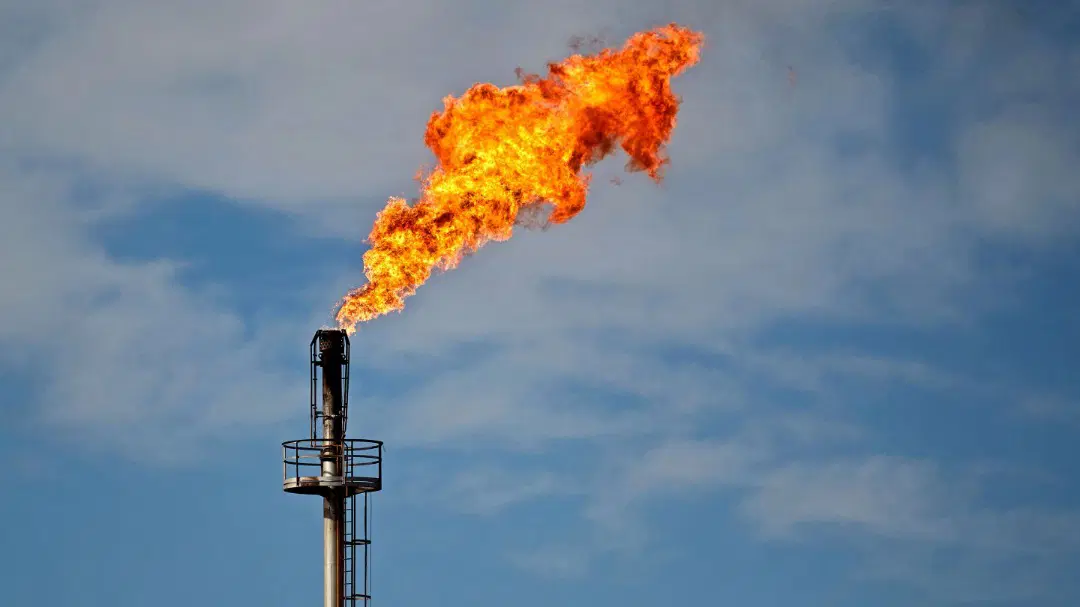Recent reports indicate that Nigeria has lost approximately 20,100 Gigawatts per hour (GWh) in power generation potential due to persistent gas flaring by oil companies during the first nine months of 2024. This marks a 5.5% increase compared to the 19,000 GWh lost in the same period in 2023.
Impact on Electricity Generation
The continued gas flaring has significantly hampered Nigeria’s ability to generate adequate electricity, with power generation struggling to exceed 4,000 megawatts (MW) to meet the needs of households and businesses. Limited gas supply to Electricity Generation Companies (GENCOs) is a major factor contributing to this challenge.
Increase in Gas Flaring
Data shows that Nigeria’s gas flaring rose by 8% in the first nine months of 2024, reaching 200.5 million standard cubic feet (MSCF), up from 190.2 MSCF in the same period last year. The National Oil Spill Detection and Response Agency (NOSDRA) has valued the flared gas at approximately $701.8 million.
Financial Implications
According to NOSDRA, oil companies that are non-compliant with gas flaring regulations face fines totaling around $401 million. The breakdown of gas flaring incidents indicates that onshore companies flared 105.5 MSCF, a 10% increase, while offshore companies flared 95 MSCF.
Environmental Concerns
The gas flaring during this period has resulted in an estimated 10.7 million tonnes of carbon dioxide emissions. Despite ongoing efforts to curb gas flaring, this practice has persisted in Nigeria since the 1950s, contributing to environmental degradation through the release of carbon dioxide and other harmful gases into the atmosphere.
The situation highlights the urgent need for regulatory reforms and effective measures to address gas flaring in Nigeria, which not only hampers electricity generation but also poses significant environmental challenges.

